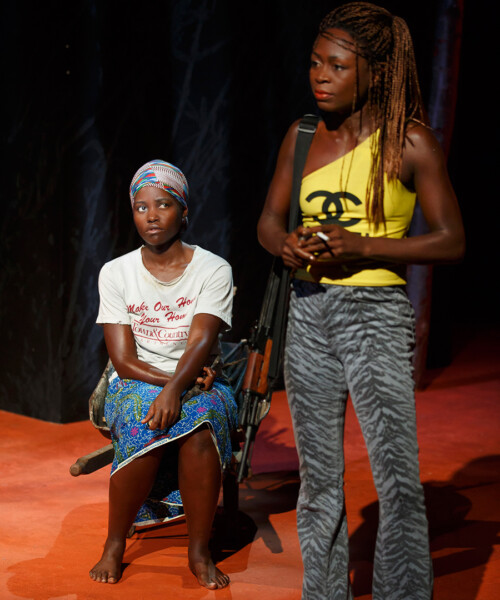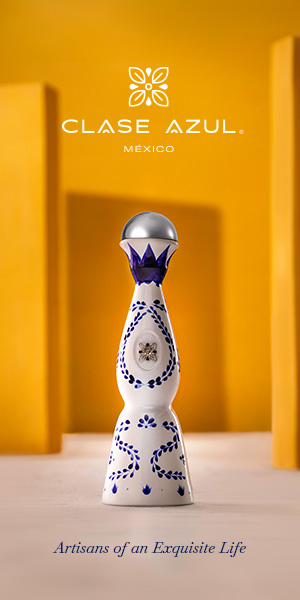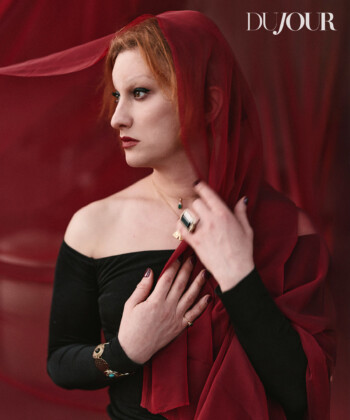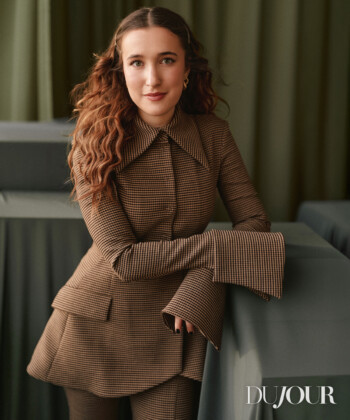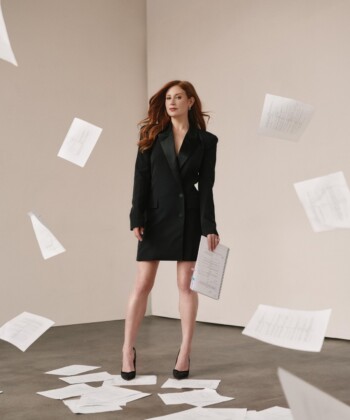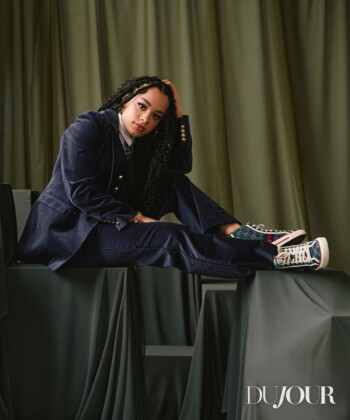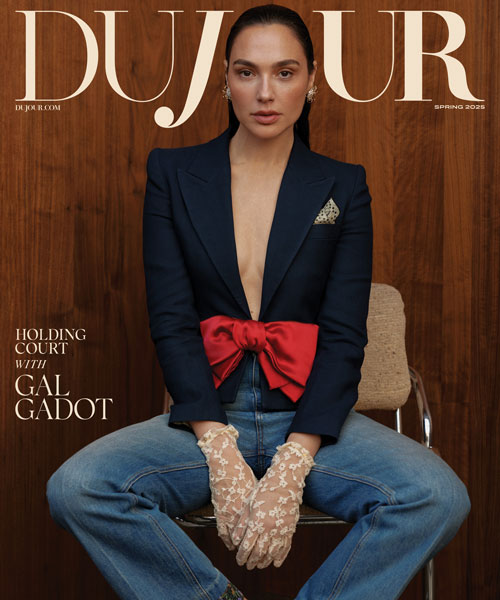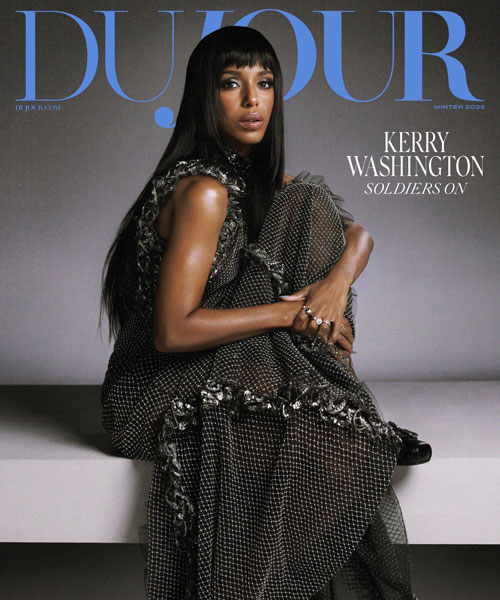It’s been quite a journey for Eclipsed. The play, which follows a group of Liberian women in the final days of that country’s civil war, got its start at the Yale Repertory Theatre in 2009 and moved to Manhattan’s Public Theater before finally landing on Broadway this month. “I was enthralled by an image I saw in the New York Times in 2003 of women in the Liberian war right when it was at its climax,” the playwright Danai Gurira previously told DuJour. “I was keen to one day pursue that story and put it on the stage.”
She’s done just that, assembling an impressive cast including Saycon Sengbloh, Pascale Armand, Lupita Nyong’o and Zainab Jah as a group of women taken captive by a warlord. Jah’s character—known as “Number 2”—manages to escape by joining the rebels fighting in the war. Here, Jah discusses the importance of the show, her bond with her castmates and why despite its long road, the story of Eclipsed is still so important.
This show premiered Off-Broadway last year and had such a strong response that it relocated to a big Broadway theater. How’s the move treating you?
It’s working out really well. Yesterday was our first day in the new theater and we met with the producers, the army of people that go into making a Broadway show. That was pretty exciting—and then we had rehearsal for like six hours.
You still have to rehearse that much, even after the previous run?
You know what it is? Now that it’s on a big, commercial stage, we have understudies so we had to rehearse them into the show. And there are some elements of restaging that are necessary because it’s a bigger house, just to be able to reach everyone in the theatre. It’s not really like starting all over again; it’s just reconfiguring certain scenes.
When you first joined the show, did you have any inkling that it would become this kind of hit?
Sort of… they mentioned it after we opened at The Public and tickets were selling out really, really fast. Because of all the excitement that we were generating, we thought that this could have legs. And all of us believed the show had legs. It was a really important story, but I never expected the extent to which it’s taken off and that is really exciting.
Yeah, you can never really tell if something’s going to go on to bigger and better things or be beloved and just kind of disappear.
You know, Danai wrote this play quite a while ago, and everyone involved has such love for it. And even though the story is set in 2003, it’s still timely in the sense of what’s happening in so many places in the world. Not just in Liberia and West Africa, but all over the world. It’s still, unfortunately, a timely piece.
The play deals with the atrocities of war. Why put yourself through that over and over again?
Apart from the fact that I’m an actor and they said, ‘Hey! Here’s work!’ I love Danai, the writer, first of all. I love her work, and this is the second of her plays I’ve done. I love the piece especially because I myself was born in London but my family is from West Africa, which is right next door to Liberia. In fact, our civil war was kick-started by Liberia, so it’s very close to me. There are family members of mine who still are unaccounted for since that war. It’s a personal project for me in that way, and that’s what you try to look for as an artist—or at least that’s what I look for. Everything I do, every project I am involved in, I always look for a way to personalize. It hast to be a passion project for me, otherwise I’m not interested.
The play isn’t entirely dark. There are some very funny moments, and the relationships between the women in it are at times very touching.
You can find light and you can find laughter. You can find connections. And that’s the one thing I love about this project: a lot of the people who are in the show were in the show from the first time we did it at Yale Repertory. You basically form a family. That’s what we’ve become, and that’s one of the pleasures of doing this.
We can’t really do a play like this if we don’t love each other. You need the support of your castmates. We get off stage every night and we just stand there and hold each other. You couldn’t do this show if you didn’t have that support—it’s beautiful.


























